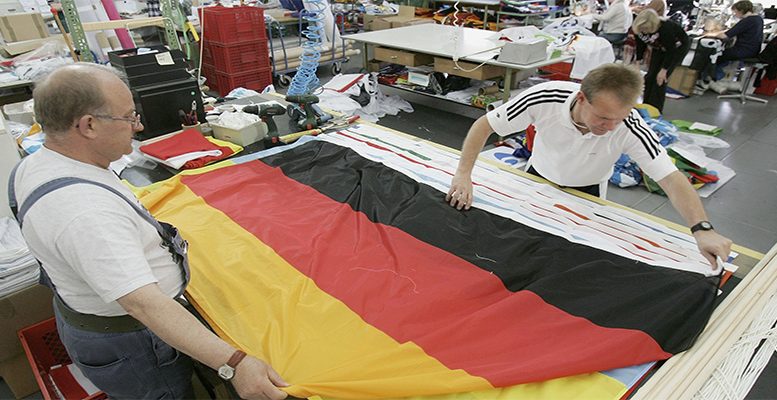Hans-George Betz (Via Fair Observer) | There is an unwritten rule in politics: If you are incompetent, at least you should not be corrupt. It seems nobody ever informed the German Christian Democrats that this was the way of things. How else to explain why Christian Democratic MPs thought it was perfectly fine to take advantage of Germany’s COVID-19 crisis to line their own pockets? In German, we have a word, “Raffzahn,” to refer to somebody who cannot get enough, never satisfied with what they have. In the concrete case, a member of the German Bundestag from the Christian Democratic Union (CDU) pocketed €250,000 ($298,000) in commissions for brokering a deal involving the procurement of FFP2 face masks by the federal and the state governments.
Another member, who so happened to serve as deputy leader of the Christian Democratic parliamentary group, this time from the Christian Social Union (CSU), the CDU’s Bavarian sister party, appears to have made similar deals. Both were exposed and were ultimately forced to resign from the parliamentary group and leave their parties. End of the story, or so the Christian Democrats hoped. But this Maskenaffäre (masks affair) continued to provoke strong emotions. In the process, it not only severely damaged the CDU/CSU’s image, but also caused a significant loss of trust in the party.
The mask affair is not the only scandal that has haunted the party. Another controversy has been smoldering for some time now, involving dubious business relations between CDU MPs and the quasi-dictatorial regime of Ilham Aliyev, Azerbaijan’s strongman. A few days ago, one of the MPs involved in the affair relinquished his mandate. Two other MPs are being investigated by the public prosecutor’s office in Munich on charges of corruption. Apparently, payments were made to the MPs in exchange for their keeping quiet about the dismal human rights record of the regime in Baku. Pecunia non olet, as they used to say in ancient Rome — money does not stink — not even in the offices of the Christian Democrats.
A Super Election Year
Unfortunately, this year is what in German is known as a Superwahljahr — a super election year. In September, Germans are called upon to elect a new federal parliament. In the meantime, a number of Germany’s Länder, the regional administrative units that constitute the federation, will elect their regional governments. The process started with elections in two southwestern regions, Baden-Württemberg and Rheinland-Pfalz, over the weekend. With a population of more than 11 million, Baden-Württemberg is the more important state; Rheinland-Pfalz’s population amounts to a mere 4 million.
In addition, Baden-Württemberg used to be a CDU stronghold. In the 1970s, the party routinely scored more than 50% of the vote, with a high point in the 1976 state election which saw the CDU gain over 56%. From then on, things started to go downhill. In the first election in the new century, the CDU still commanded roughly 45% of the vote; by 2016, it reached rock bottom, at 27%. It could not get any worse, or so it seemed. It did. The latest pre-election polls had the CDU at 24% of the vote. On Sunday, the party lost roughly 3% compared to the previous election, which left it with roughly what the polls had anticipated.
Read More:





